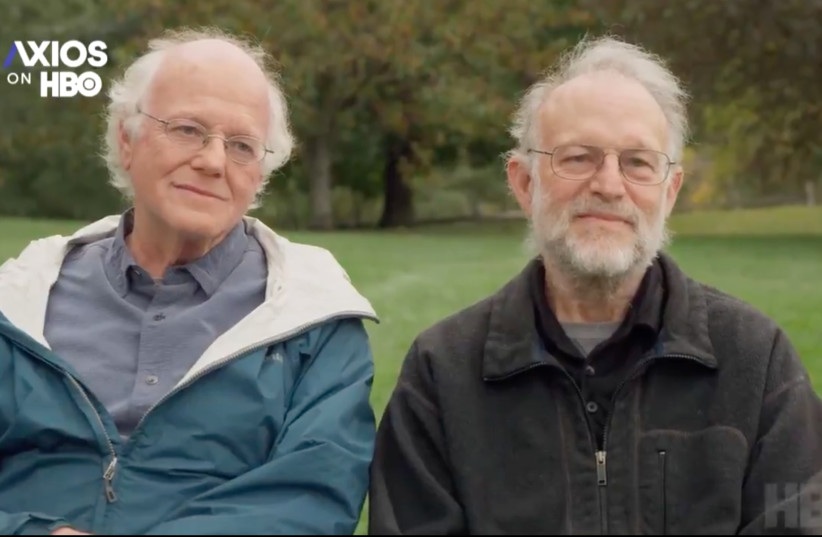Ben & Jerry’s on Tuesday sued its parent Unilever Plc to block the sale of its Israeli business to a local licensee, saying it was inconsistent with its values to allow the sale of its ice cream in West Bank settlements and Jewish neighborhoods of east Jerusalem.
It’s the latest bump in the rocky road the Vermont-based creamery has taken to freeze out Israel.
Legal complaint
The complaint filed in the US District Court in Manhattan said the sale announced on June 29 threatened to undermine the integrity of the Ben & Jerry’s brand, whose independence its board retained when the London-based global conglomerate Unilever acquired the company in 2000.
Ben & Jerry’s also asked for an injunction against transferring the business and related trademarks to Israeli licensee Avi Zinger, who runs American Quality Products Ltd, and whose contract with the Vermont creamery expires at the end of this year.
"It's a done deal."
Avi Zingers lawyer Alyza Lewin
Such an injunction, Ben & Jerry’s wrote in its complaint, was essential to “protect the brand and social integrity Ben & Jerry’s has spent decades building.”

Ben & Jerry’s said its board voted 5-2 to sue, with the two Unilever appointees dissenting.
A done deal?
The June 29 agreement gave Zinger’s Israeli company complete financial independence from either Unilever or Ben & Jerry’s while allowing him to continue to sell the latter’s product under an amended brand name in Hebrew and Arabic.
It was reached after Zinger filed a lawsuit against Unilever in New Jersey Federal Court claiming it had violated both Israeli and US laws that prohibit boycotts.
Unlike companies that have been the subject of boycotts in the past, Zinger’s company was located within the country’s borders in southern Israel and its ice cream is produced there.
The issue was Zinger’s refusal to heed Ben & Jerry’s directive that he halt sales to West Bank settlements. Most Israeli products are sold in the settlements, including other ice cream brands.
Unilever has more than 400 brands including Hellmann’s mayonnaise, Knorr soup and Vaseline skin lotion, and is the partial owner of Strauss ice cream, all of which are sold within sovereign Israel and in West Bank settlements.
Some investors, including at least seven US states, divested their Unilever holdings after the boycott was announced.
Unilever had been clear from the start that it opposed the initial boycott decision reached by Ben & Jerry’s independent board. In announcing the June 29 agreement to resolve the issue, Unilever also issued a statement denouncing antisemitism and the Boycott, Divestment and Sanctions movement.
On Tuesday, Unilever said it does not discuss pending litigation, but that it had the right to sell to Zinger and the transaction had already closed.
“It’s a done deal,” Zinger’s lawyer Alyza Lewin said in a separate statement.
Ben & Jerry’s was founded in a renovated gas station in 1978 by Ben Cohen and Jerry Greenfield who are both Jewish.
No longer involved in Ben & Jerry’s operations, they wrote in The New York Times last July that they supported Israel but opposed its “illegal occupation” of the West Bank.
